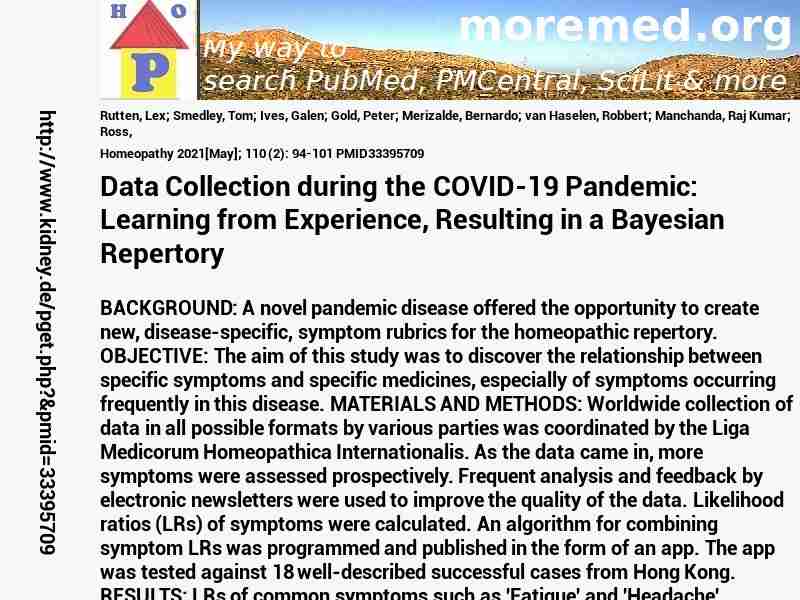
|
10.1055/s-0040-1718583
http://scihub22266oqcxt.onion/10.1055/s-0040-1718583

33395709!�!33395709
|  
Deprecated: Implicit conversion from float 229.6 to int loses precision in C:\Inetpub\vhosts\kidney.de\httpdocs\pget.php on line 534
Deprecated: Implicit conversion from float 229.6 to int loses precision in C:\Inetpub\vhosts\kidney.de\httpdocs\pget.php on line 534
Deprecated: Implicit conversion from float 229.6 to int loses precision in C:\Inetpub\vhosts\kidney.de\httpdocs\pget.php on line 534
Deprecated: Implicit conversion from float 229.6 to int loses precision in C:\Inetpub\vhosts\kidney.de\httpdocs\pget.php on line 534
Deprecated: Implicit conversion from float 229.6 to int loses precision in C:\Inetpub\vhosts\kidney.de\httpdocs\pget.php on line 534
Deprecated: Implicit conversion from float 229.6 to int loses precision in C:\Inetpub\vhosts\kidney.de\httpdocs\pget.php on line 534
Deprecated: Implicit conversion from float 229.6 to int loses precision in C:\Inetpub\vhosts\kidney.de\httpdocs\pget.php on line 534
Deprecated: Implicit conversion from float 263.2 to int loses precision in C:\Inetpub\vhosts\kidney.de\httpdocs\pget.php on line 534
Warning: imagejpeg(C:\Inetpub\vhosts\kidney.de\httpdocs\phplern\33395709.jpg): Failed to open stream: No such file or directory in C:\Inetpub\vhosts\kidney.de\httpdocs\pget.php on line 117
 Homeopathy 2021 ; 110 (2): 94-101 Homeopathy 2021 ; 110 (2): 94-101
Nephropedia Template TP
gab.com Text
Twit Text FOAVip
Twit Text #
English Wikipedia
|
Data Collection during the COVID-19 Pandemic: Learning from Experience, Resulting in a Bayesian Repertory #MMPMID33395709Rutten L; Smedley T; Ives G; Gold P; Merizalde B; van Haselen R; Manchanda RK; Ross A; Cataldi G; Agaoglu A; di Giampietro T; Lilas T; Schroyens F; Eizayaga JEHomeopathy 2021[May]; 110 (2): 94-101 PMID33395709show ga
BACKGROUND: A novel pandemic disease offered the opportunity to create new, disease-specific, symptom rubrics for the homeopathic repertory. OBJECTIVE: The aim of this study was to discover the relationship between specific symptoms and specific medicines, especially of symptoms occurring frequently in this disease. MATERIALS AND METHODS: Worldwide collection of data in all possible formats by various parties was coordinated by the Liga Medicorum Homeopathica Internationalis. As the data came in, more symptoms were assessed prospectively. Frequent analysis and feedback by electronic newsletters were used to improve the quality of the data. Likelihood ratios (LRs) of symptoms were calculated. An algorithm for combining symptom LRs was programmed and published in the form of an app. The app was tested against 18 well-described successful cases from Hong Kong. RESULTS: LRs of common symptoms such as 'Fatigue' and 'Headache' provided better differentiation between medicines than did existing repertory entries, which are based only on the narrow presence or absence of symptoms. A mini-repertory for COVID-19 symptoms was published and supported by a web-based algorithm. With a choice of 20 common symptoms, this algorithm produced the same outcome as a full homeopathic analysis based upon a larger number of symptoms, including some that are traditionally considered more specific to particular medicines. CONCLUSION: A repertory based on clinical data and LRs can differentiate between homeopathic medicines using a limited number of frequently occurring epidemic symptoms. A Bayesian computer algorithm to combine symptoms can complement a full homeopathic analysis of cases.|*Phytotherapy[MESH]|Adolescent[MESH]|Adult[MESH]|Aged[MESH]|Aged, 80 and over[MESH]|Algorithms[MESH]|COVID-19/*therapy[MESH]|Child[MESH]|Child, Preschool[MESH]|Data Collection[MESH]|Databases, Factual[MESH]|Female[MESH]|Homeopathy[MESH]|Humans[MESH]|Infant[MESH]|Infant, Newborn[MESH]|Likelihood Functions[MESH]|Male[MESH]|Middle Aged[MESH]|Mobile Applications[MESH]|Pandemics[MESH]|Symptom Assessment[MESH]
  
DeepDyve
Pubget Overpricing | 
|